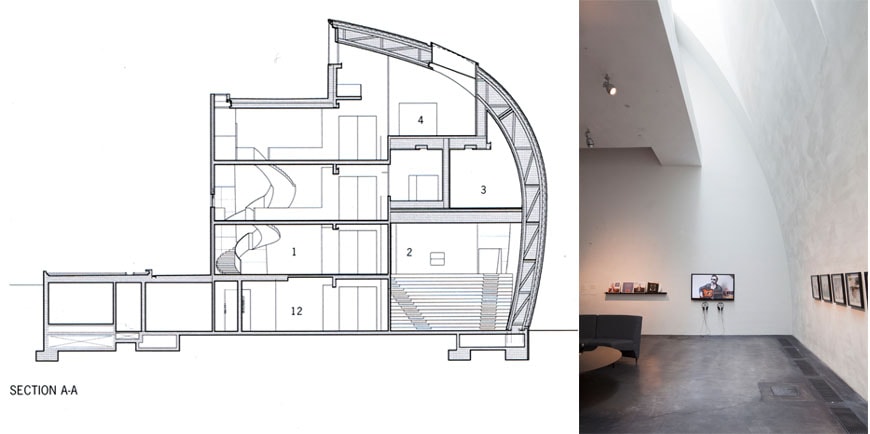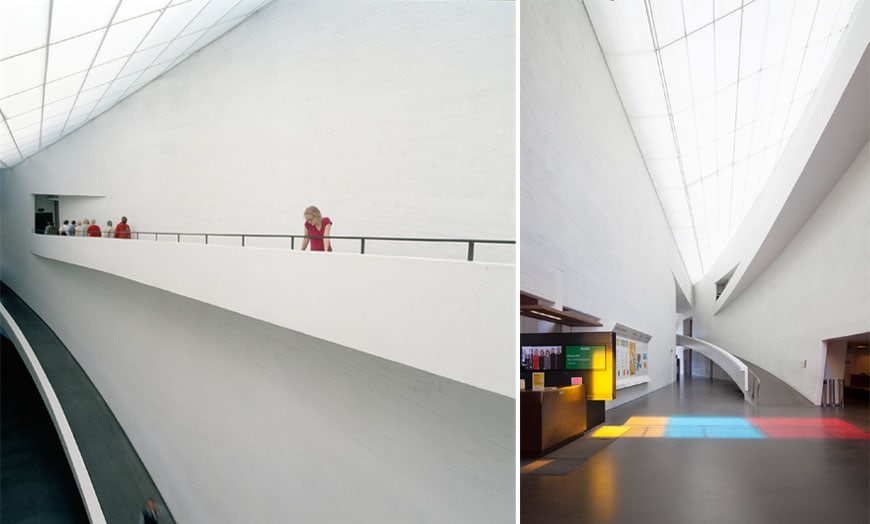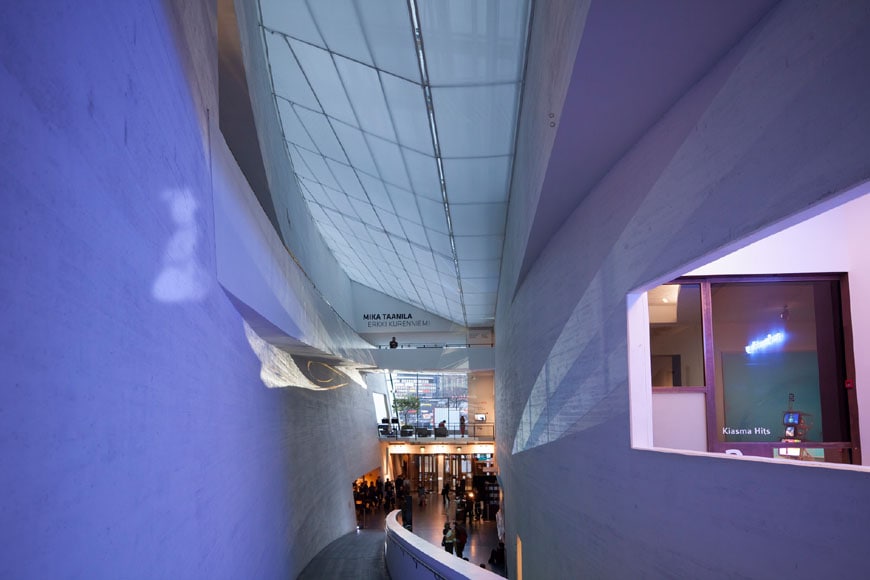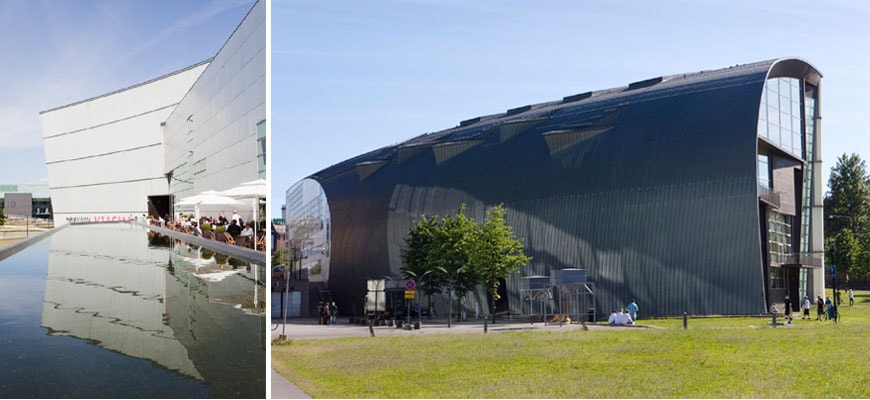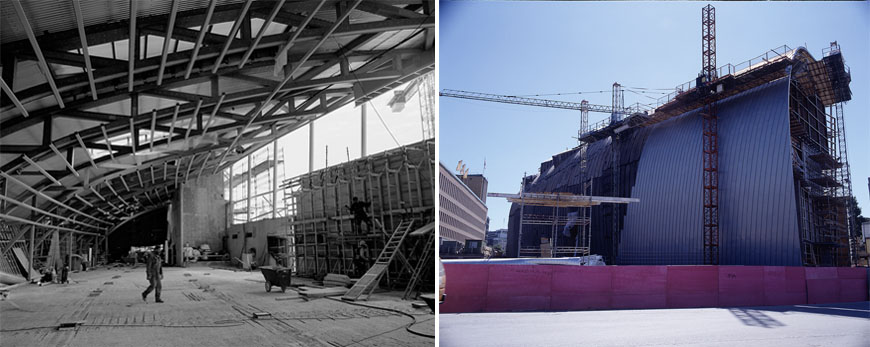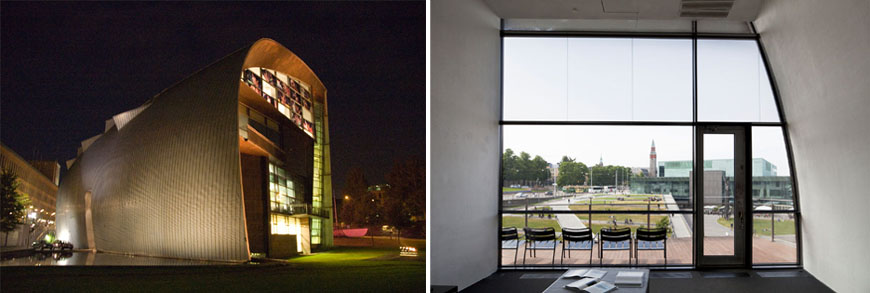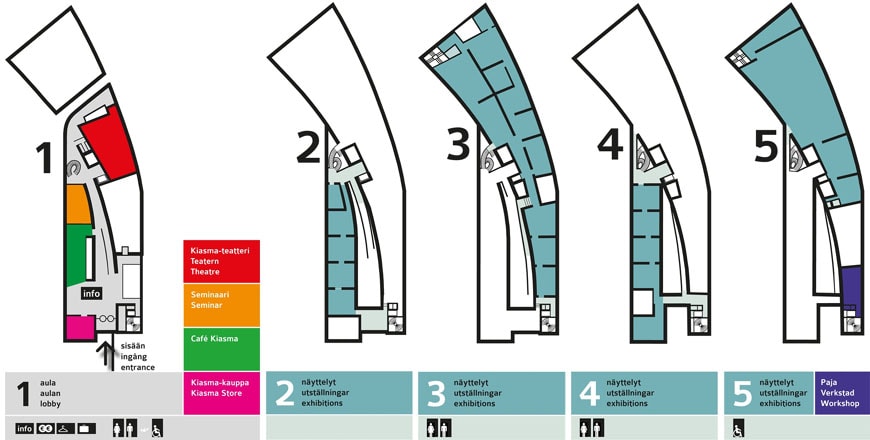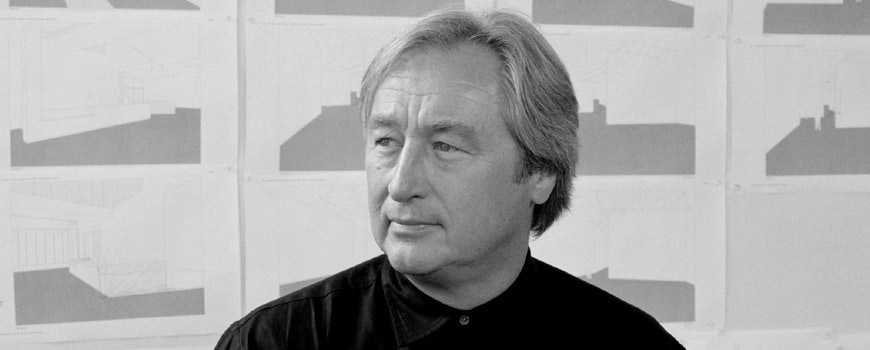KIASMA Museum of Contemporary Art, Helsinki – Steven Holl
Uusimaa, Finland
How our readers rate this museum (you can vote)
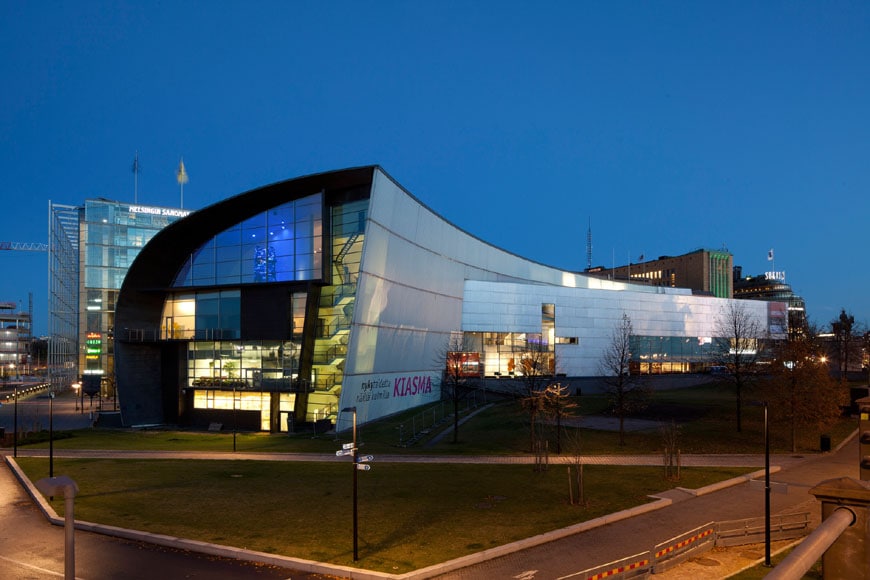
Kiasma is a museum in Helsinki, Finland, dedicated to Finnish and international modern and contemporary art.
Opened in 1998, the museum is housed in an iconic, curvilinear building designed by American architect Steven Holl and located near Helsinki’s city center and Central rail station. The museum takes its name from a genetic term indicating the intertwining of two chromosomes.
The Kiasma’s collection, amounting to about 8,500 works from the over-36,000-piece collection of the Finnish National Gallery, is primarily, though not exclusively, dedicated to Finnish art from the 1960s to the present day and includes paintings, sculptures, drawings, prints, photos, installations, textiles, and media art.
The museum also organizes temporary exhibitions, concerts, performing art events, guided tours, and workshops.
The building of Kiasma also houses a theater, a specialized library, a café-restaurant, and a book and gift shop. The museum is fully accessible to physically impaired people.
Cover image by Finnish National Gallery / Pirje Mykkänen
The Kiasma Museum by Steven Holl Architects, an overview
When American architect Steven Holl, in 1995, entitled his competition proposal for a new contemporary art museum in Helsinki “Chiasma”, he was suggesting a place where different physical and perceptual elements intertwine. Chiasma is a scientific term indicating the intersection of filaments, such as optic nerves, in anatomy and the exchange of genetic material between two chromosomes in genetics.
Why this quite uncommon world, dubbed Kiasma in Finnish, has also become the name of the museum becomes evident when examining it a bit closer.
top and bottom right: photo Finnish National Gallery / Pirje Mykkänen
bottom left: photo: Finnish National Gallery / Niina Vatanen
art and people
This is the first interconnection that comes to mind, contemporary art museums are progressively becoming places for active interaction rather than pure exhibition venues. This attitude is particularly evident in the Kiasma, where contribution and participation in activities by the public, by children especially, is strongly encouraged. Furthermore to conceive such kinds of museums as much “open” as possible is often necessary since contemporary art frequently requires to be contextualized and explained, as the Kiasma does through conferences, workshops, and live performances.
top left and bottom: Finnish National Gallery / Pirje Mykkänen
top right: photo: Finnish National Gallery / Niina Vatanen
light and shade
Holl conceived a building where light plays an emotional, along with a functional, role. Nordic countries’ light differs from any other place: it changes substantially through the seasons and, in Finland, can frequently become a horizontal beam entering the buildings from angles uncommon at southern latitudes. Thus the core of the building, a narrow internal space dominated by the long curved ramp connecting the lobby with the exhibition galleries, would be very dark if not illuminated by a glass ceiling which provides a vertical illumination that, also due to the curved wall enclosing the space, dramatically evolves during the times of the day.
Photos: top left Finnish National Gallery / Pirje Mykkänen; right Finnish National Gallery / Niina Vatanen, bottom left Finnish National Gallery / Pirje Mykkänen; center and right: Photo: Finnish National Gallery / Milka Varmola
small and large
The Kiasma is very dynamic in its spaces: almost square exhibition rooms alternate with elongated and tall spaces, such as the already mentioned entrance lobby, and the larger galleries. In general, from the outside, the building appears as a long regular strip, while internally it reveals a complex and articulated sequence of spaces, different in height, dimension, and shape, often overlooking one another and sometimes opening the view toward the wide urban panorama bordering the western side of the museum.
photos: Finnish National Gallery / Pirje Mykkänen
curve and straight
The first thing that perhaps people notice when looking at the Kiasma building is its curved glass and zinc-alloy facade, but a closer look will reveal the straight volume intertwining with it. This resembles the “chiasma” figures Holl probably was referring to when choosing the name for his project. There are early sketches where the two inter-crossing figures are both straight indeed, but the physical and historical constraints of the site eventually led to two different shapes, one curve and one linear.
photos: top and bottom left Finnish National Gallery / Pirje Mykkänen
bottom right Finnish National Gallery / Petri Virtanen
photos: top Finnish National Gallery / Pirje Mykkänen
bottom left Finnish National Gallery / Marko Mäkinen, right: Finnish National Gallery / Jenni Nurminen
outside and inside
Holl has always underlined the relationships between the building and the surrounding landscape, with nearby Mannerheimintie road and Alvar Aalto’s Finlandia Hall and more distant Töölö Bay, above all.
Entering the building, the main sensation is to be in a very “closed” space, and only by walking across it do the visitors experience sudden views of the outside. Together with the room differences in size and shape, mentioned earlier, this complex visual relation with the outside was intended so that “The Helsinki Museum of Contemporary Art provides a variety of spatial experiences” (Steven Holl)
photos: left Finnish National Gallery / Pirje Mykkänen; right: Finnish National Gallery / Petri Lagus
photos: Finnish National Gallery / Petri Virtanen
Photos: left Photo: Finnish National Gallery / Petri Summanen; right: Finnish National Gallery / Pirje Mykkänen
The Kiasma was opened in 1998, on a gross floor area of 12,000 m2, distributed on 5 levels, the museum includes temporary and permanent exhibition spaces, a theater, a store, a café, and a workshop. The museum’s activity is primarily devoted to the promotion and dissemination of Finnish and international contemporary art in its various forms, including visual arts, new media, cinema, theater, and dance.
Just after celebrating its 15th anniversary, the Kiasma had been closed for six months for major renovation works, mainly aimed at renovating the glass ceiling of the building and adopting an up-to-date solution for the museum’s technical systems. The museum reopened in March 2015, with three exhibitions; a retrospective on Robert Mapplethorpe, an exhibition inspired by the elements of nature, and one dedicated to portraiture.
Photo: Finnish National Gallery / Petri Virtanen
All photographs are courtesy of the Museum of Contemporary Art Kiasma
copyright Inexhibit 2025 - ISSN: 2283-5474


 (10 votes, average: 4,60 out of 5)
(10 votes, average: 4,60 out of 5)